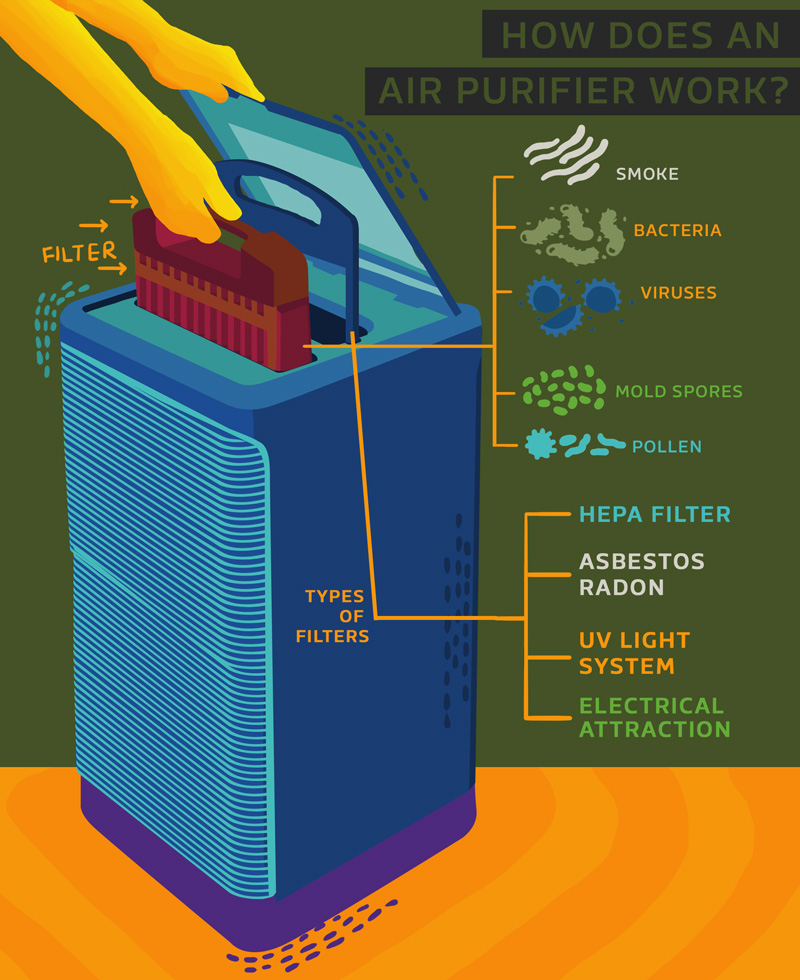Heatpump Vs Furnace - Which Is The Better Heating Option For Your Home?
Heatpump Vs Furnace - Which Is The Better Heating Option For Your Home?
Blog Article
Article Author-Ashworth Blackwell
Several property owners recognize with heaters, which heat homes with oil or natural gas and push hot air via ductwork. They are reasonably inexpensive and can provide dependable heating also throughout a winter season power blackout.
Nonetheless, they make use of fossil fuels and produce carbon monoxide and other air contamination. They also aren't as energy-efficient as a high-efficiency heat pump.
Cost
Normally, heatpump are more inexpensive to operate than heaters. They typically make use of power and cooling agent to remove warmth from outdoor air, and afterwards move it into your home. You can make use of cheaper electrical energy prices throughout off-peak hours to better decrease your home heating prices.
Unlike heatpump, gas or wood-burning furnaces make use of burning to generate heat, producing flue gases into the ambience that can be unsafe to your health and wellness. These furnaces are also less energy-efficient than heatpump, and their greater operating costs can add up gradually.
Heating systems are more challenging than heatpump and call for regular maintenance to guarantee the proper function of all parts. Regardless of this, they have a tendency to last longer than heatpump with a typical life expectancy of two decades or more. Nevertheless, you'll require to consider the expense of gas, fuel oil or wood and the extra tools required for setup and operation such as air ducts and air flow systems.
Energy Effectiveness
Heatpump have a higher power effectiveness rating than furnaces. https://corporate-window-cleaning16284.eedblog.com/29388992/debunking-the-cost-of-setting-up-and-preserving-a-heatpump make use of electrical power to feed on warm from the air, also in freezing temperatures. They can additionally eliminate excess warm from the home during warmer months and reuse it to cool down the system. copyright professionals can assist you establish the best model for your home based on environment and source power expenses.
Heating systems melt gas oil, lp, natural gas or other types of fossil fuel to heat the air in the home. This air is then spread through ductwork using a large follower. Heating systems generate greenhouse gases and need regular upkeep and devices upgrades to make certain risk-free procedure.
The most significant advantage of a heating system is that it can be operated even in rough winter season conditions due to the fact that it does not count on outdoor temperatures to heat the air. Heaters additionally have a longer life expectancy than heat pumps and usually last 15 years. They can likewise be coupled with twin fuel choices, which select one of the most effective home heating alternative based on the weather condition.
Environment
Heatpump function well in modest climates and make use of much less resource power than furnaces. However, if your area is incredibly cold, you might require to purchase a standard gas heating system rather.
Heating systems supply cozy, comfortable warm and usually supply rapid heating to increase indoor temperature levels. These systems can be utilized with a selection of fuel kinds, consisting of natural gas, lp, oil or electrical energy.
They eat extra power than heat pumps-- approximately 3x as much-- and need ductwork that's expensive to mount or retrofit. They're also extra costly to maintain, as they can cause air top quality issues and produce greenhouse gas exhausts.
If please click the following web site devoted to decreasing your carbon impact, a heatpump is a great choice for your home. They have less greenhouse gas emissions than furnaces, especially if you pick an ENERGY STAR ® heat pump. Your neighborhood copyright specialist can discuss the distinctions between these two furnace and assist you make the best decision for your one-of-a-kind requirements.
Personal Preferences
Heaters can be really power reliable when powered by natural gas, gas or oil, yet they aren't as energy reliable as heat pumps in frigid climates. They can additionally be much more expensive to set up, calling for gas lines and air flow systems.
Nevertheless, heaters have a tendency to call for less upkeep, which can result in lower continuous costs. They create fewer greenhouse gases and are much more reputable than heat pumps during extreme climate.
Electric heatpump are a lot more functional in producing interior convenience because they can also act as ac unit during warmer months. They can be easier to preserve, needing only normal air filter adjustments and occasional vacuuming.
If you choose the ease of a single system that does it all, consider a crossbreed heating option that pairs a heating system with an electric heatpump. These systems can instantly switch in between the two home heating options based on your home's demands and temperature level conditions, optimizing performance and savings.